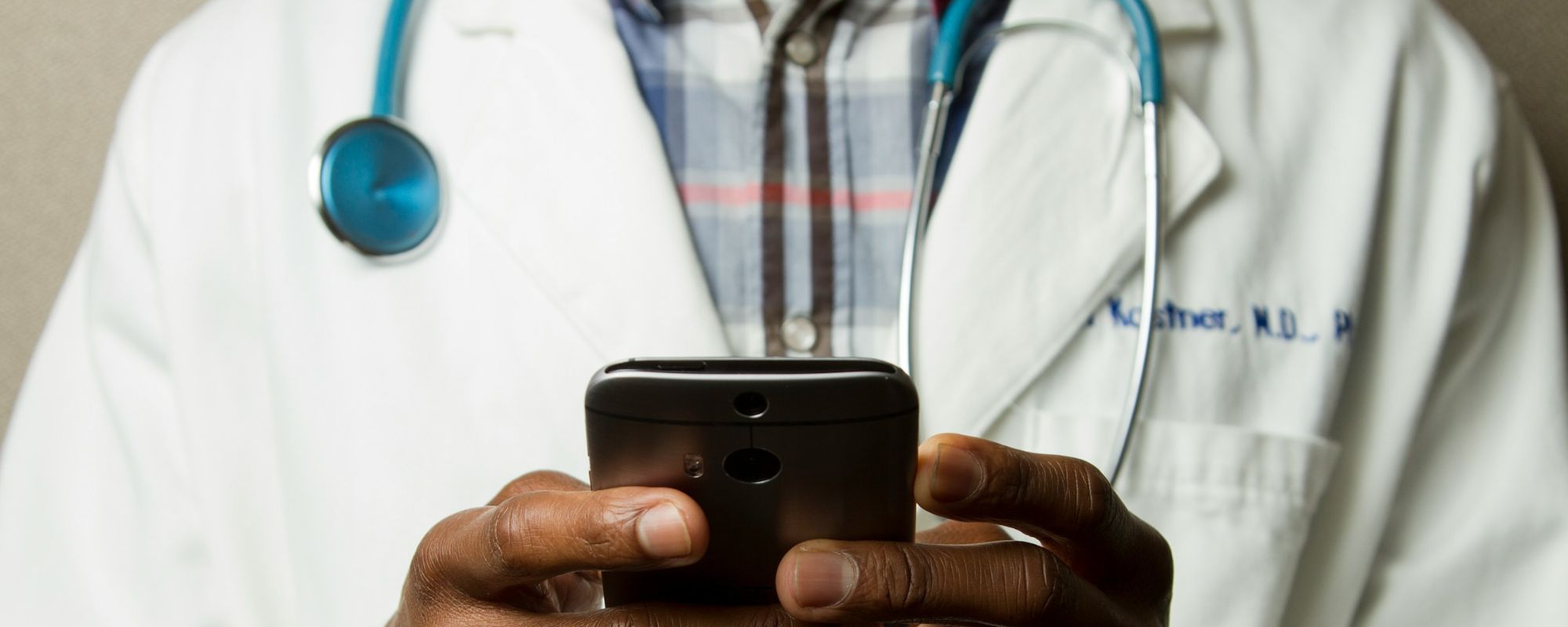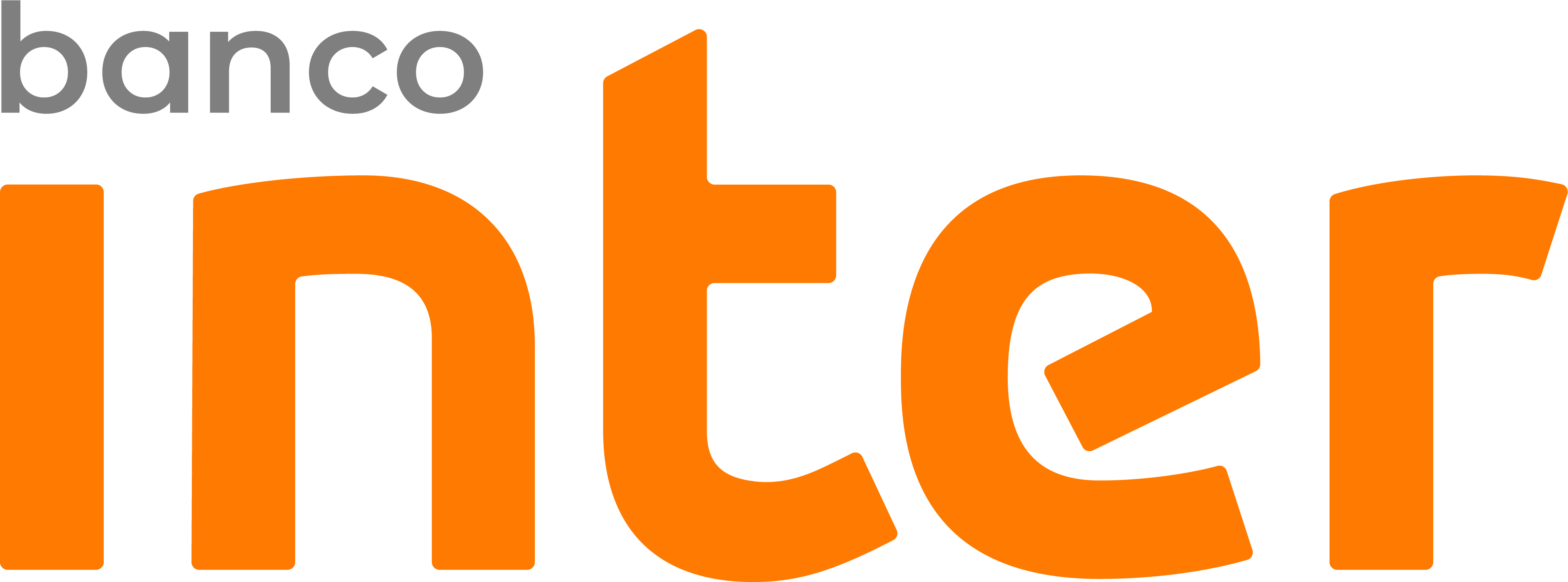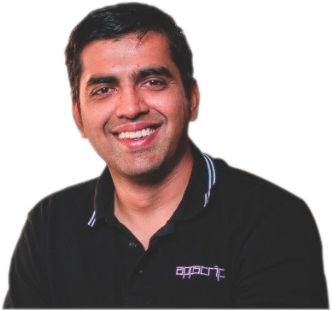The incorporation of cutting-edge technology into healthcare systems is not just a passing fad, but an essential development in the face of many complicated problems that contemporary medicine and patient care pose. Improved efficiency, superior patient care, and lower costs are changing the face of healthcare, thanks to innovations like telemedicine and artificial intelligence (AI).
To keep up with the rapid changes that are taking place in healthcare delivery, management, and patient experience as we progress into the 21st century, professionals, patients, and stakeholders need to stay informed about the most recent healthcare technology trends and advancements in the industry.
Best Healthcare Technology Trends For The Future
By examining the potential of each trend, we will uncover how technology is not only augmenting existing healthcare practices but also paving the way for groundbreaking approaches to diagnosis, treatment, and patient care.
Remote Monitoring of Patients
Remote patient monitoring (RPM) is now prominent in healthcare, and COVID-19 is a big reason why. Online sessions, distant treatment, and the use of videoconferencing are just a few examples of the numerous ways virtual healthcare is expanding. Even more options are available to RPM due to the large selection of IoMT devices.
Future RPM advancements may pave the way for a hybrid of hands-free and on-site treatment options, catering to various patient demographics with the service they require. Everyone, regardless of their location, socioeconomic status, or political affiliation, should have equal access to quality medical care, and RPM plays a key role in achieving this goal.
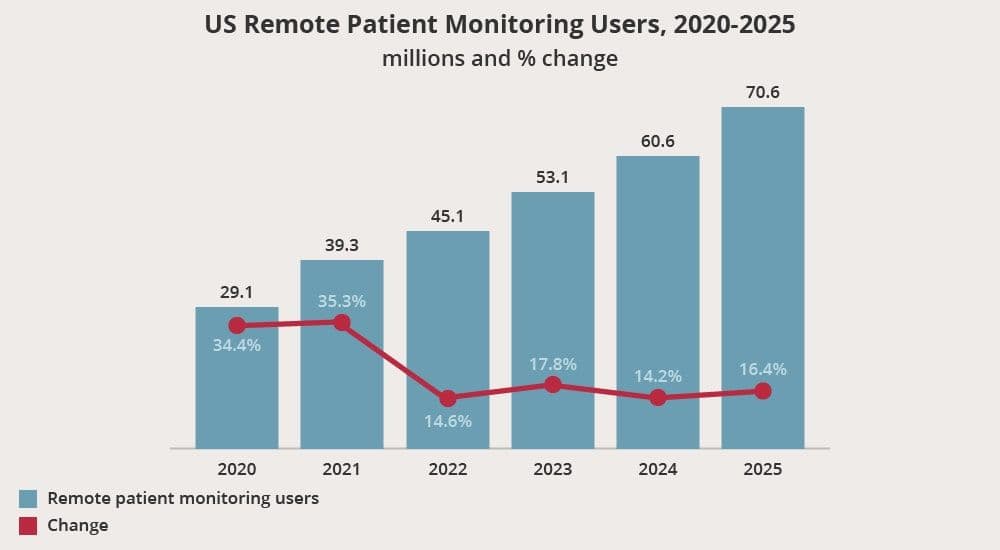
Robotic Healthcare Solutions
Sterilising rooms and taking temperature readings from patients are two examples of routine tasks that robots can be given. One notable example is the startup Youibot, that could scan a person’s physical appearance and show the main symptoms of a sickness in addition to sanitising surfaces with ultraviolet radiation.
Experimental launches of Boston Dynamics‘ robotics took place in Singapore. It went around town broadcasting the importance of maintaining a distance and doing patrols in public spaces.
Robots aren’t displacing humans in specialised roles; on the contrary, they’re enhancing and adding to human expertise. Future healthcare systems will use human and robotic teams, drastically altering current practices. When it comes to investing in talent, developing robots, and integrating them into the work team, future medical companies will encounter new challenges.
Augmented Reality and Virtual Reality
Recent developments in healthcare IT have hinted at the potential for widespread use of AR and VR in the industry in the years to come. Numerous tasks, both internally and externally, are enhanced by technological advancements in healthcare facilities.
Surgical training, clinical student instruction using real visualisations, and virtual clinic visits are all examples of current AR/VR implementations in healthcare. By enhancing the accuracy of lung scan analysis, this technique has the potential to combat virus infections and save many lives. To some extent, we’ve grown accustomed to viewing VR as a lighthearted medium. But its benefits on health are more curative than amusing.
Cognitive Automation
Future digital transformation is driven by cognitive automation. It is one of the new healthcare technology trends that is currently influencing the industry due to its adaptability and technological prowess. To put it simply, it is the central processing unit (CPU) of an electronic healthcare system.
To further accelerate industry decision-making, CA employs ML algorithms and makes use of the automation capabilities of existing software suppliers. Data sets larger than a zettabyte can be analysed in a matter of seconds, providing decision-makers with actionable insights. Making a fully coordinated, self-managing healthcare organisation is the aim in the end.
Artificial Intelligence and Big Data
Any product you look for, from kitchen appliances to medical equipment, likely has AI (artificial intelligence) these days. Nevertheless, there are numerous obstacles to implementing AI in healthcare. When it comes to artificial intelligence (AI) technology, some of the largest obstacles are patient support and ethical considerations. Healthcare application development companies will utilise big data and artificial intelligence more frequently in the future to tackle these difficulties.
Wearable Healthcare Devices
Wearable medical devices are electronic technology or smart devices worn by consumers to track information related to health and fitness. These devices have evolved from simple fitness trackers to advanced wearable heart monitors and blood sugar level sensors.
It can empower patients to proactively manage their health, provide real-time data to healthcare providers, and support remote monitoring, significantly impacting chronic disease management.
Internet of Medical Things (IoMT)
The Internet of Medical Things is a connected network of medical devices, apps, and healthcare algorithms and services. This network of devices collect data that can be used to improve healthcare outcomes.
It enhances patient engagement and monitoring, improves drug management, and increases the accuracy of diagnostics and treatment plans through real-time data collection.
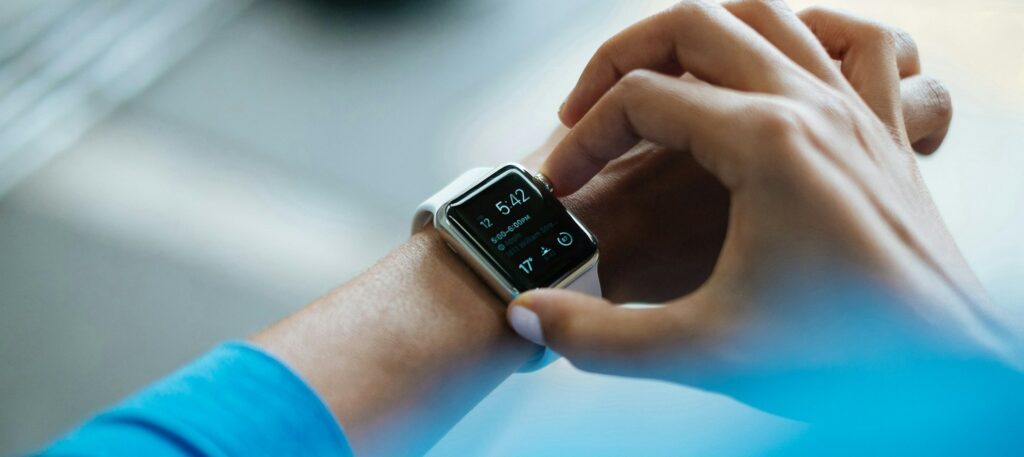
Healthcare Mobile Apps
By leveraging mobile technology, these apps offer numerous benefits that significantly contribute to both healthcare delivery and patient outcomes. Here’s how healthcare apps are making a difference in the medical field:
Personal Health Monitoring: Many healthcare apps allow patients to monitor their vital signs, track their physical activity, and manage their diets. This constant monitoring leads to better awareness and engagement with their health.
Access to Health Information: Patients can easily access a wealth of health-related information, enabling them to make informed decisions about their healthcare.
Telehealth Services: Apps offering telehealth services enable patients to consult with healthcare professionals remotely. This is particularly beneficial for individuals in remote areas or those unable to physically visit healthcare facilities.
Appointment Scheduling and Reminders: Healthcare apps often include features for scheduling appointments with ease and receiving reminders, reducing missed appointments, and improving healthcare access.
Secure Messaging: Healthcare apps often include secure messaging features to complement healthcare technology trends, allowing for safe and efficient communication between patients and healthcare providers.
Information Sharing: These apps can facilitate the easy sharing of patient data among healthcare professionals, ensuring that all relevant parties have access to the necessary information for coordinated care.
Medication Adherence: Apps can send reminders to patients about medication schedules, improving adherence and treatment outcomes.
Data Collection and Analysis: Apps can collect and analyse patient data in real-time, providing healthcare professionals with accurate information about healthcare technology trends for diagnosis and treatment planning.
Conclusion
The integration of latest healthcare technology trends and practices is no longer a luxury but a necessity, driven by the growing demands for accessible, efficient, and advanced healthcare solutions.
Healthcare apps serve as the bridge connecting patients and healthcare providers, facilitating better communication, improving access to care, and empowering patients in their health management. The potential for innovation in healthcare app development is immense, offering opportunities to make significant impacts on global health and well-being.
Are you ready to be at the forefront of healthcare innovation? Appscrip’s healthcare mobile app development solutions are designed to bring your vision to life. Whether you’re looking to develop an app to improve patient engagement, streamline healthcare operations, or offer telehealth services, our team has the expertise and experience to deliver cutting-edge solutions tailored to your needs. Embrace the future of healthcare by leveraging technology to make a difference in the lives of patients and healthcare providers worldwide.

